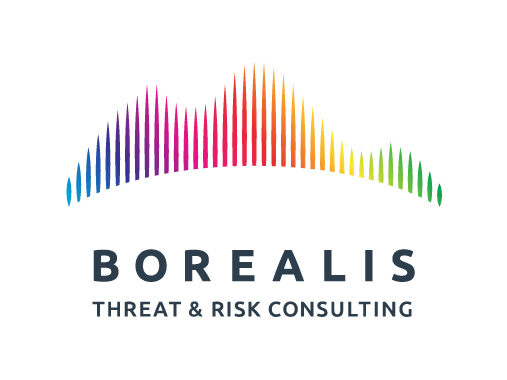When it comes to terrorist groups it is pretty hard to get worse than Islamic State (also known as ISIS). This bunch of brutes killed thousands, including some by beheading, drowning in cages submerged in water, and burning alive, and enslaved and sexually abused women, especially those who belonged to the Yazidi ethnic group (ISIS considered the Yazidis ‘devil-worshippers’).
The group was also by far the most successful at encouraging people – probably as many as 40,000 – from more than 100 countries to travel to those parts of Iraq, Syria and Kurdistan which it had transformed into its version of a ‘Caliphate’, an Islamic magical land as it claimed. Among those were an untold number of Canadians. Some did so boastingly: Calgary’s Farah Shirdon was the feature of an ISIS video back in 2014 in which he burned his Canadian passport and crowed “We are coming and we will destroy you by the will of God.” He apparently died in a US airstrike a year later.
Not all did us a favour and got killed though.
Of late we have all heard of the woeful tales of those Canadians ‘languishing’ in camps in Syria and Iraq populated to a large degree by fellow ISIS jihadis. Groups in this country have mounted campaigns to have the government to ‘rescue’ these unfortunates from their plight and bring them home, as if they were Sunwing passengers stuck on a Caribbean island when a hurricane blew in and not terrorists.
To its credit, the government of Justin Trudeau has not given into these pleas to ‘BOLOH’ (bring our loved ones home – I am not making this up!). However, even if the feds do not go out of their way to effect their return they cannot stop them from coming back, as they are Canadian citizens. The challenge: what to do with those who do make it home?
It bears emphasizing that joining ISIS, a listed terrorist entity, is an offence in Canada. The problem is what information to use to make that determination (with the concomitant intelligence/evidence conundrum). Thes best we have done to date is to issue ‘peace bonds’ on returnees, which means, more or less, behave and don’t do anything stupid.
That is starting to change.
Kimberly Polman of BC now faces charges of leaving Canada to participate in a terrorist group as well as participation in the activities of a terrorist group. According to the RCMP she was part of the all-female ISIS battalion, Nusaybah Katibah which provided weapons training to women, and served as an informant for the ISIS secret police. Even her own son told the Mounties he would not be surprised if she strapped a bomb to her chest.
For her part, Polman insists she is a ‘victim’ who was ‘duped’ by her husband whom she met online (NB does ISIS have a Tindr account?). In this she joins the long line of females who have assumed no responsibility for their decisions and actions.
We will have to wait and see where this all goes. The fact that it took the RCMP two YEARS to lay charges points to several challenges in these cases:
– What, if anything, did our intelligence agencies know and can it be used in court (the short answer: not really);
– How difficult was it to collect evidence and talk to witnesses on the ground in Iraq/Syria/Kurdistan?
– What partners contributed to the RCMP investigation (if Iraq and/or Syria were involved this entails all kinds of problems linked to reliability and possible human rights issues)?
I for one hope she is found guilty of the crimes for which she has been charged and receives a significant prison sentence (enough of this ‘time served’ garbage in Canada). A substantial finding would act as a precedent for ongoing and future cases and demonstrate that decisions, including really stupid ones like traipsing off to join ISIS, have serious consequences.
I am not confident that the Canadian justice system understands terrorism or the need to act harshly to send a message. There will be other cases. Let’s see how the Crown and judge/jury perform on this one.

